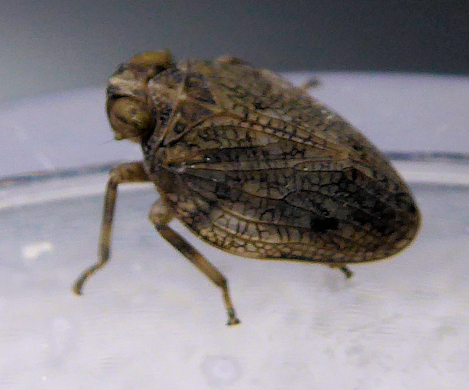Another month comes to a close so it is time for links to items you may have missed, but which I didn’t and collected for you!
Science, Technology & Natural World
Some elements amongst the physics community are determined that an even bigger particle collider than the current LHC at CERN is an utter waste of money.
Oh dear! It seems that at the end of WW2 the Allies managed to lose a few cubes of uranium from Germany’s failed nuclear programme.

We know that plants’ growth shows a high degree of symmetry, but how many of use realised it was quite this complicated?
Scientists reckon that plants can hear bees buzzing – and they then make their nectar sweeter.
Talking of hearing … it turns out bats can tune their sonar very effectively by constantly wiggling their ears.
When is a cuttlefish like a human? When it has arms. Apparently all creatures’ arms/limbs are built from the same set of genes, regardless of how many there are.
Health & Medicine
This month’s medical column is all about girlie parts, but the boys will want to be educated too …
Women are now asking if it is possible to have a better period (depending on their value of “better”)
According to a couple of old articles in the sacred Cosmopolitan there are nine different types of boobs and seven different types of labia. The good news is that they are all perfectly normal and nothing to be ashamed of.
The story of one survivor who is campaigning against the brutality of FGM.
Environment
It is suggested that urban trees live fast and die young compared with those in rural forests

Social Sciences, Business, Law
The current incumbent seems to get embroiled on controversy, but what really is the role of the Speaker of the House of Commons?
Language
Not everyone agrees that language is a living, evolving entity, so here are 19 of the most contentious linguistic disagreements.
History, Archaeology & Anthropology
I never knew that some of the Lewis Chessmen were missing, but it seems that one of the missing few has recently resurfaced.
High quality viniculture is turning out to be a lot older than expected.
Historians across the ages cannot agree, but it seems that Druids are fairly skilled at metamorphosis – either that or the historians are making it all up as they go along!
Lifestyle & Personal Development
Somewhere, high on the Tibetan plateau, is a matriarchal culture where men are never in charge and where the women don’t know who is the father of their children.
Back in the western world, people are asking what it means to be genetically Jewish, but maybe not culturally so.
There is more accumulating evidence that a long working week really is bad for your health, and that a shorter working week isn’t necessarily less productive.
When might a big earthquake hit Tokyo, and how is Japan preparing itself?
Taxidermy is often seen as a rather unsavoury hobby, but a growing number of women are making their mark as taxidermists.
Brad Warner, our favourite Zen Master, takes a somewhat sideways look at the way all things are connected.
Food & Drink
The public health lobby are worried that too many people are getting home hygiene wrong.
And finally … Master of Wine, Caroline Gilby, looks at how long to keep an opened bottle of wine, and what you can do with it. (No, I know. What is this commodity “spare wine”?)
More in a month. Enjoy the summer.

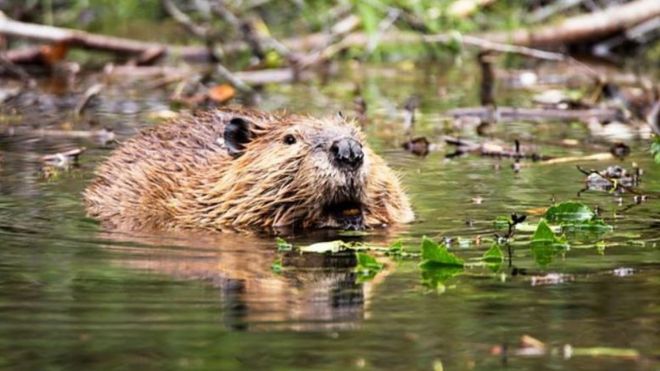



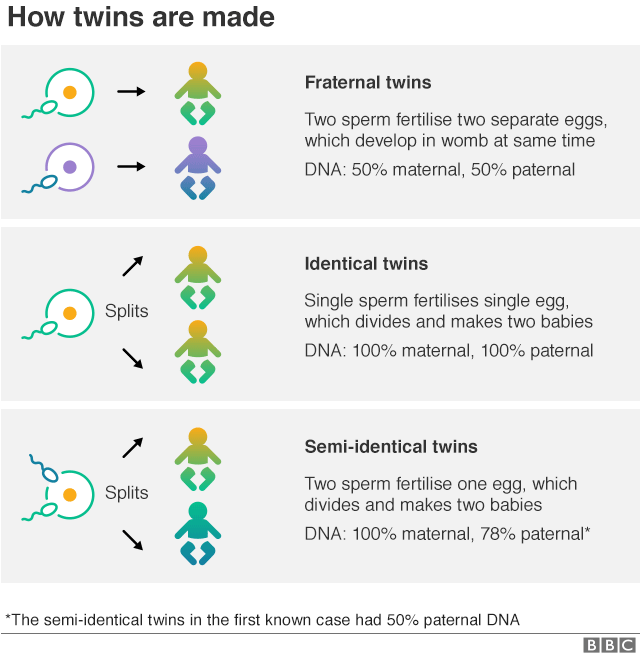
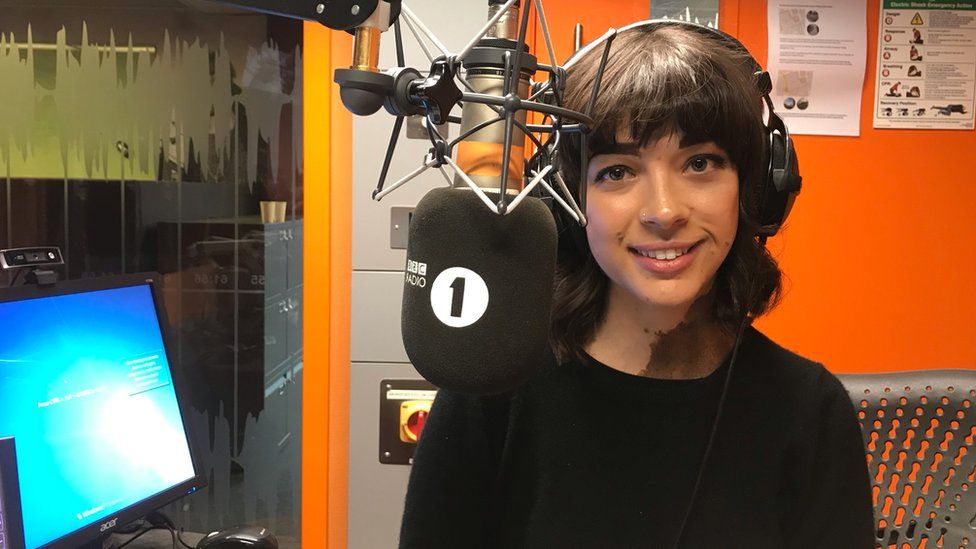

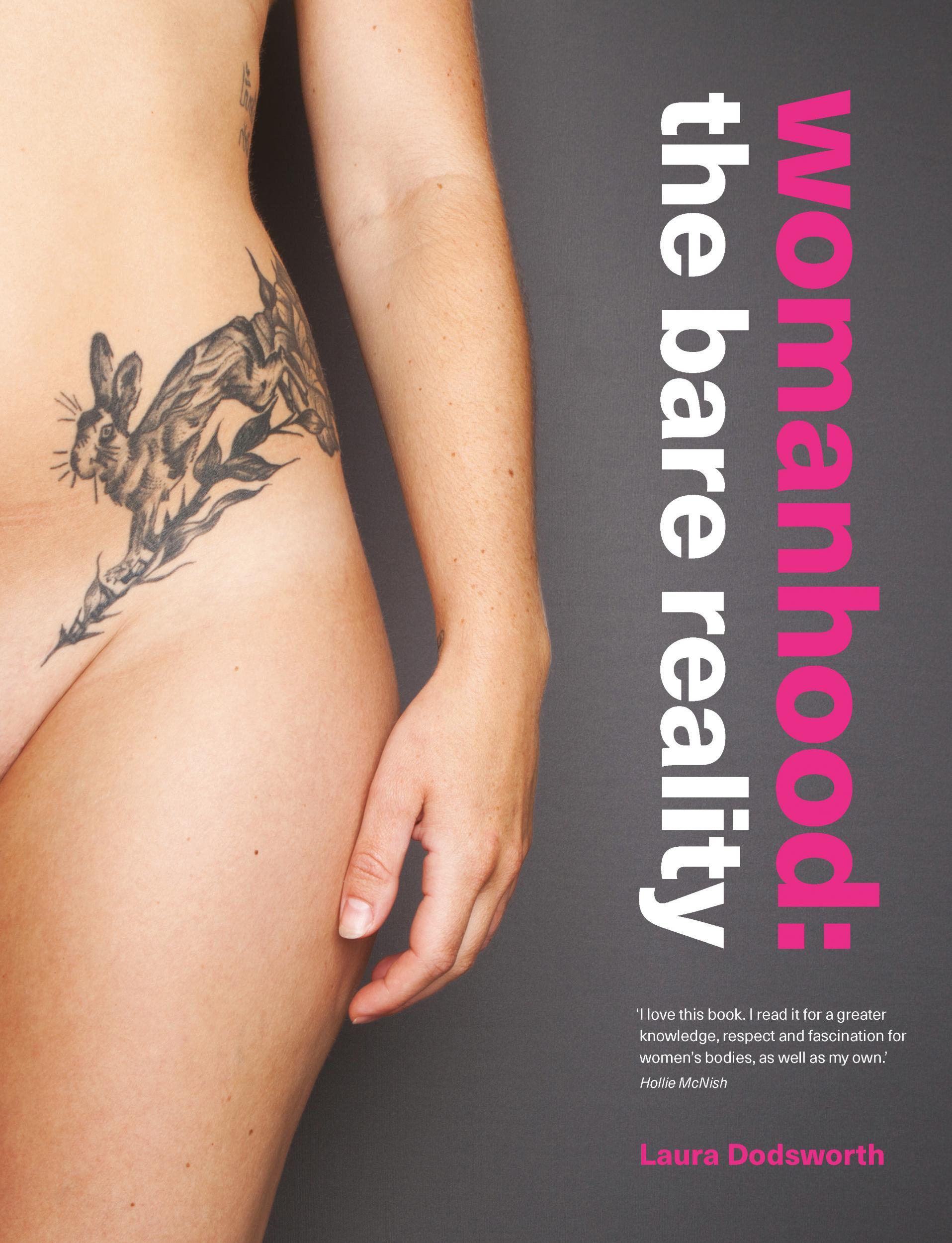 Book Review:
Book Review: 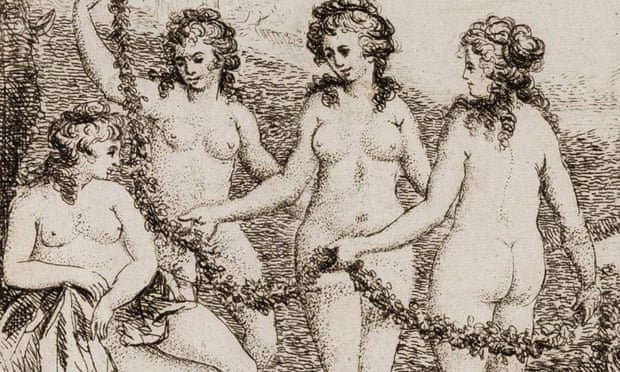
 London’s National Portrait Gallery has an exhibition of Elizabethan miniatures by Hilliard and Oliver, including one of Sir Walter Ralegh (right).
London’s National Portrait Gallery has an exhibition of Elizabethan miniatures by Hilliard and Oliver, including one of Sir Walter Ralegh (right).
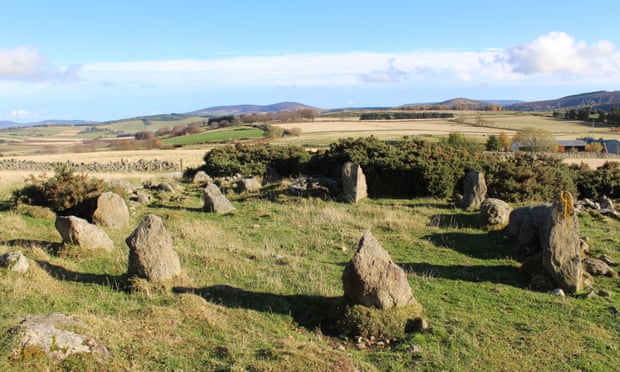

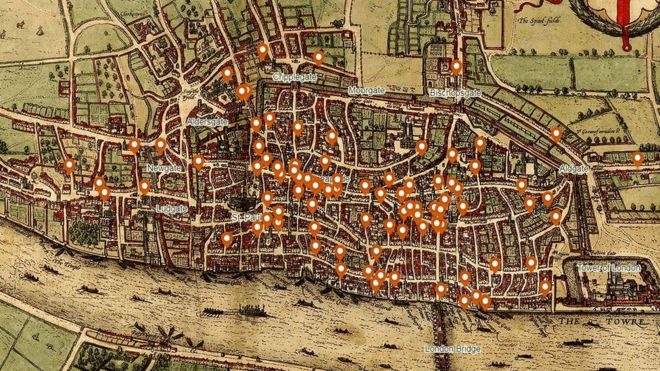
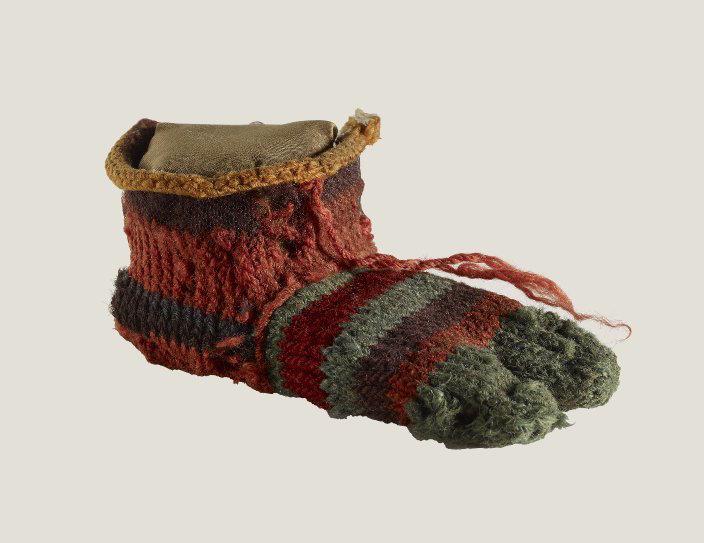
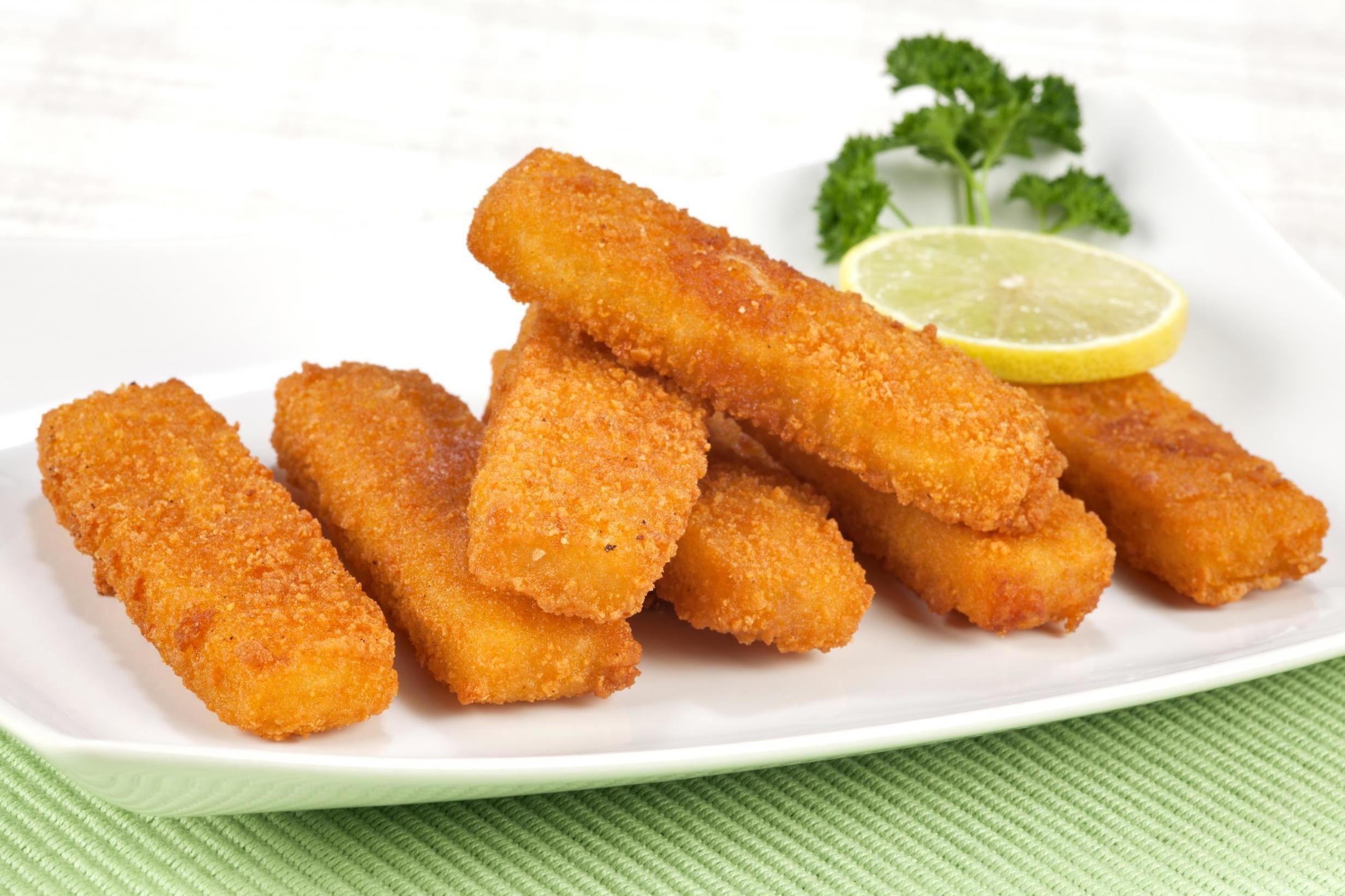

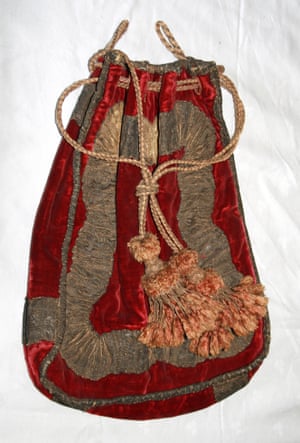 King Henry I is said to have died of a surfeit of lampreys, and now archaeologists in London have found
King Henry I is said to have died of a surfeit of lampreys, and now archaeologists in London have found 